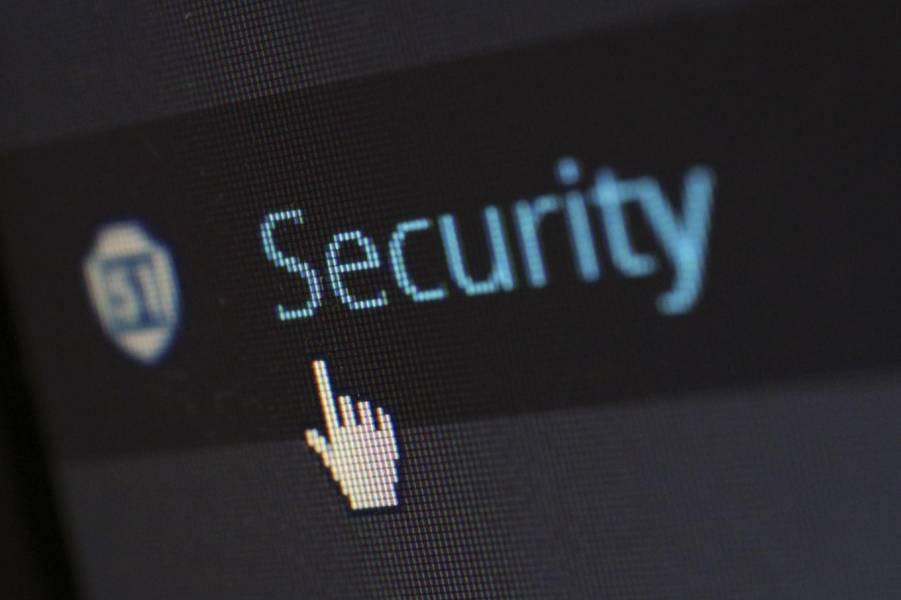Security culture is the term for the attitudes and behaviors that employees adopt with regard to security in the workplace. A good security culture can mean the difference between a minor nuisance and a major data breach.
In this blog post, we’ll look at how you can build a security culture for your workplace. We’ll start by getting familiar with the law, before looking at some steps you can take to foster it. Afterward, we’ll wrap up with some tips on how to manage your organization’s security culture over time. Let’s get started.
 Make Sure Your Business Is Compliant
Make Sure Your Business Is Compliant
Compliance means following all laws, regulations, and standards that a company in your industry normally should. It is important for several reasons, including that it helps your business run legally, and it helps with your reputation as a company. Clients and business partners are more likely to work with you if you run a compliant business.
For example, if you have a contractual relationship with federal agencies, you need to be FISMA-compliant, so make sure to conduct a FISMA compliance audit for your company to run more efficiently. We know how challenging compliance can be, but there are experts available to help companies meet compliance requirements.
Make Security a Priority
In today’s business landscape, data security has never been more important. With high-profile data breaches making headlines on a regular basis, it’s clear that companies need to do more to protect their sensitive information.
There are a number of reasons why security should be a priority for your company. First and foremost, protecting your data can help you avoid the financial and reputational damage that can be caused by a data breach. In addition, making security a priority can help you build trust with your customers and employees.
Train Employees in Security Awareness
Your employees are the ones who will be using your company’s systems and handling sensitive data on a daily basis. Make sure they know what to look for and how to report suspicious activity. By ensuring that they are properly trained in security procedures and protocols, you can help reduce the risk of a data breach or other security incident.
They need to know that it’s not just a “nice to have” but an essential part of their job. Explain to them how a data breach could impact your company. Regularly train your employees on the specific security procedures they need to follow and do check-ups.
Encourage Employees to Speak Up
Create an environment where employees feel comfortable speaking up about potential security threats. Make sure they know that their concerns will be taken seriously. There are several reasons why speaking up is a good thing:
- Early detection is key. The sooner you catch a potential threat, the easier it will be to mitigate it.
- Employees are often the first line of defense. They may be the ones who notice something suspicious happening.
- It takes a team effort to keep the workplace safe. By speaking up, employees can help create a culture of security within the company.
 Lead by Example
Lead by Example
When it comes to setting an example for others, there’s no substitute for leading by example. After all, actions speak louder than words. If you want others to follow your lead, you need to model the behavior you want to see from your employees.
As the leader of your organization, you set the tone for security culture. If you’re not willing to talk the talk, don’t expect others to do so either. Leading by example requires setting a good example and being a role model for others to follow, and it’s a full-time job by itself.
Hold Everyone Accountable
While it’s important to have systems and processes in place to hold people accountable, it’s also vital that everyone takes personal responsibility for their own actions. When everyone is accountable, it creates a culture of responsibility, mutual respect, and bigger security.
Minor mistakes related to security, even as simple as sharing a password with a fellow coworker, should not be treated lightly. Once employees start getting comfortable with sharing small details, they’ll start taking the security levels for granted, which can affect your company in the near future.
Bottom Line
It’s important to have the right tools and protocols in place to protect your employees, your customers, and your company data. But it’s not just about installing security software or having a disaster recovery plan. Training your employees and making them understand the importance of security is the key to building a security culture in your workplace.

Founder Dinis Guarda
IntelligentHQ Your New Business Network.
IntelligentHQ is a Business network and an expert source for finance, capital markets and intelligence for thousands of global business professionals, startups, and companies.
We exist at the point of intersection between technology, social media, finance and innovation.
IntelligentHQ leverages innovation and scale of social digital technology, analytics, news, and distribution to create an unparalleled, full digital medium and social business networks spectrum.
IntelligentHQ is working hard, to become a trusted, and indispensable source of business news and analytics, within financial services and its associated supply chains and ecosystems























 Make Sure Your Business Is Compliant
Make Sure Your Business Is Compliant Lead by Example
Lead by Example





